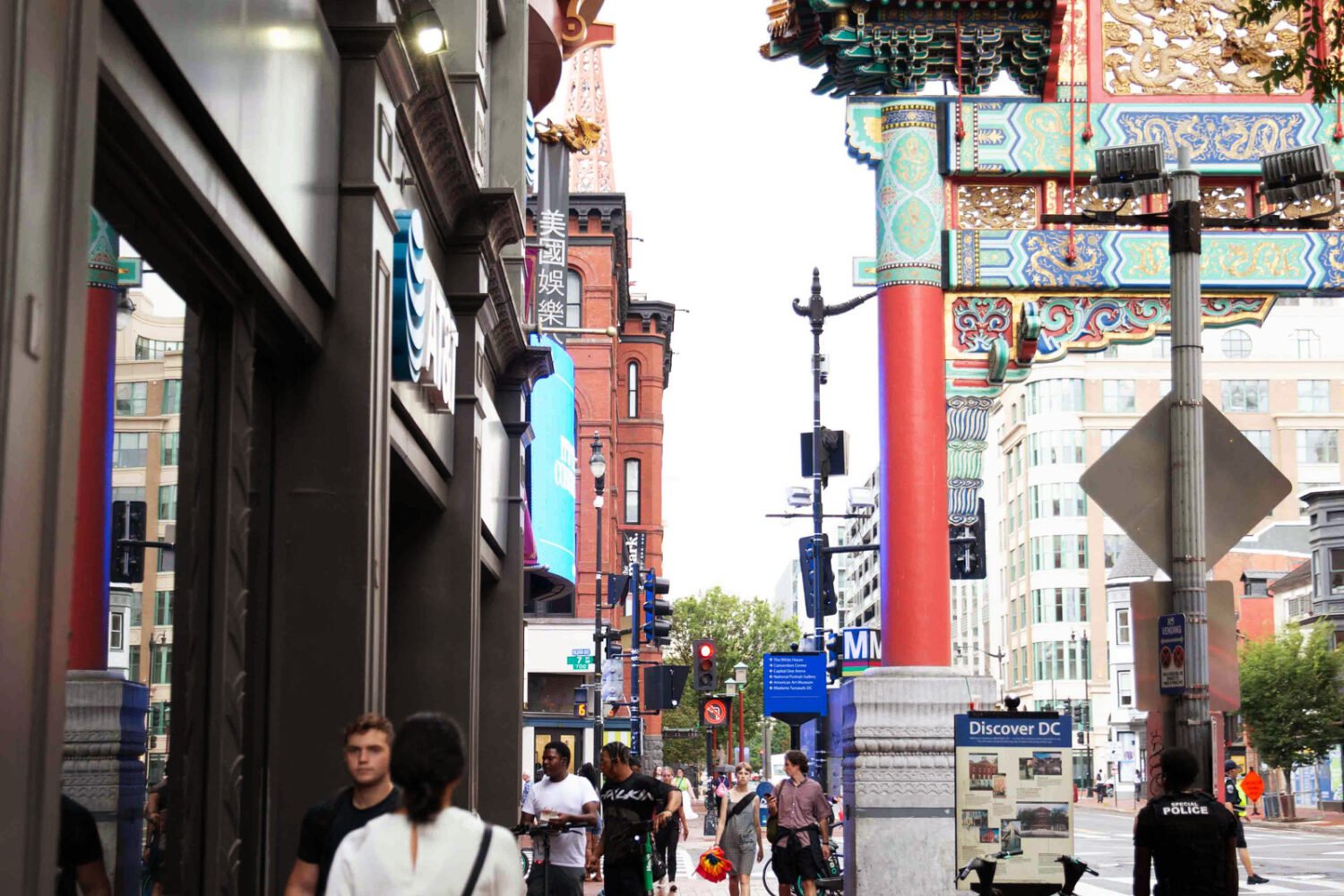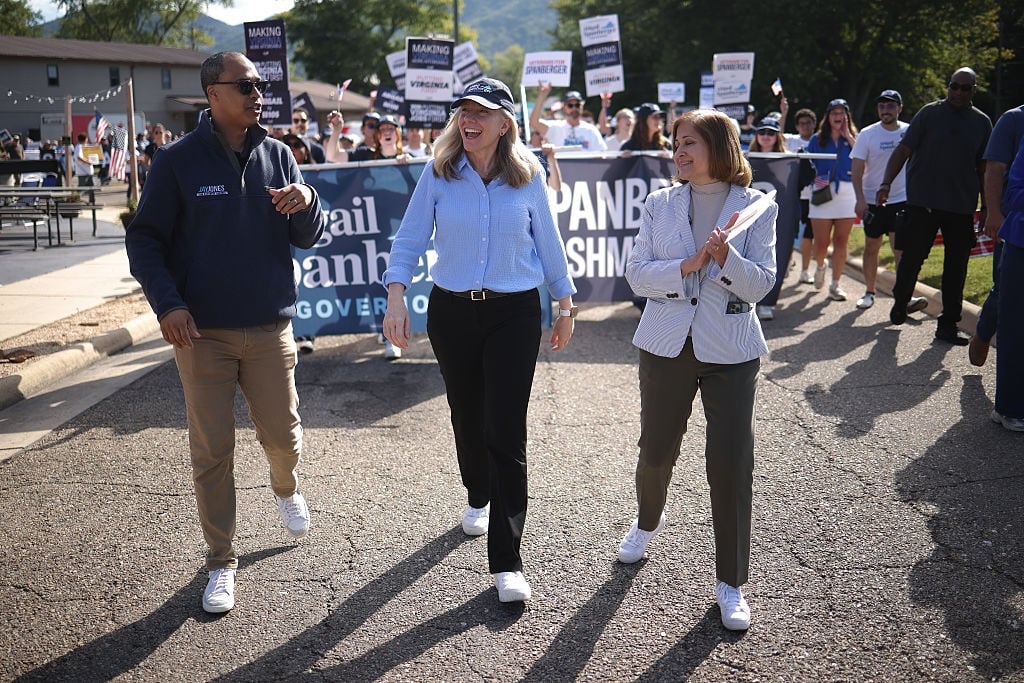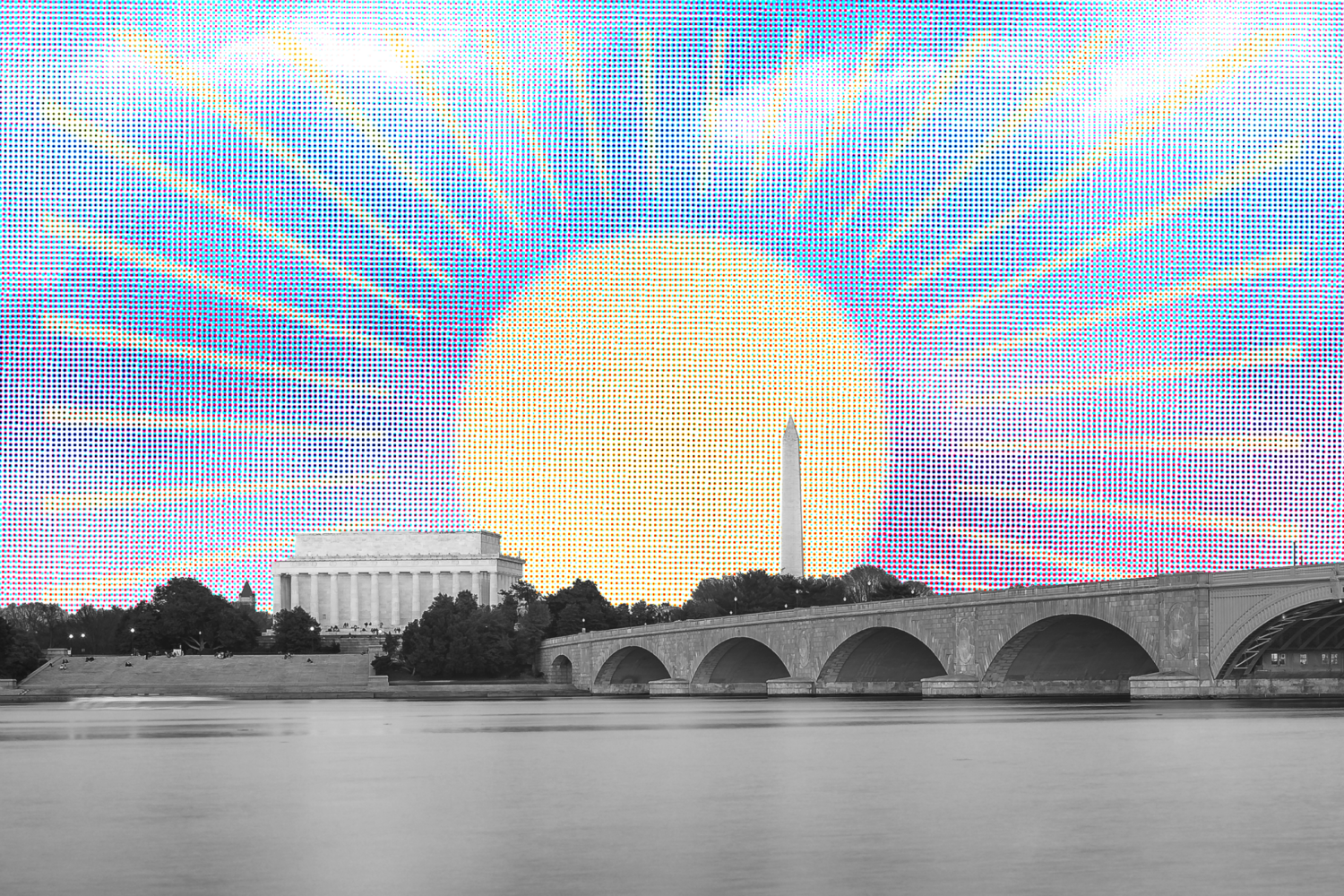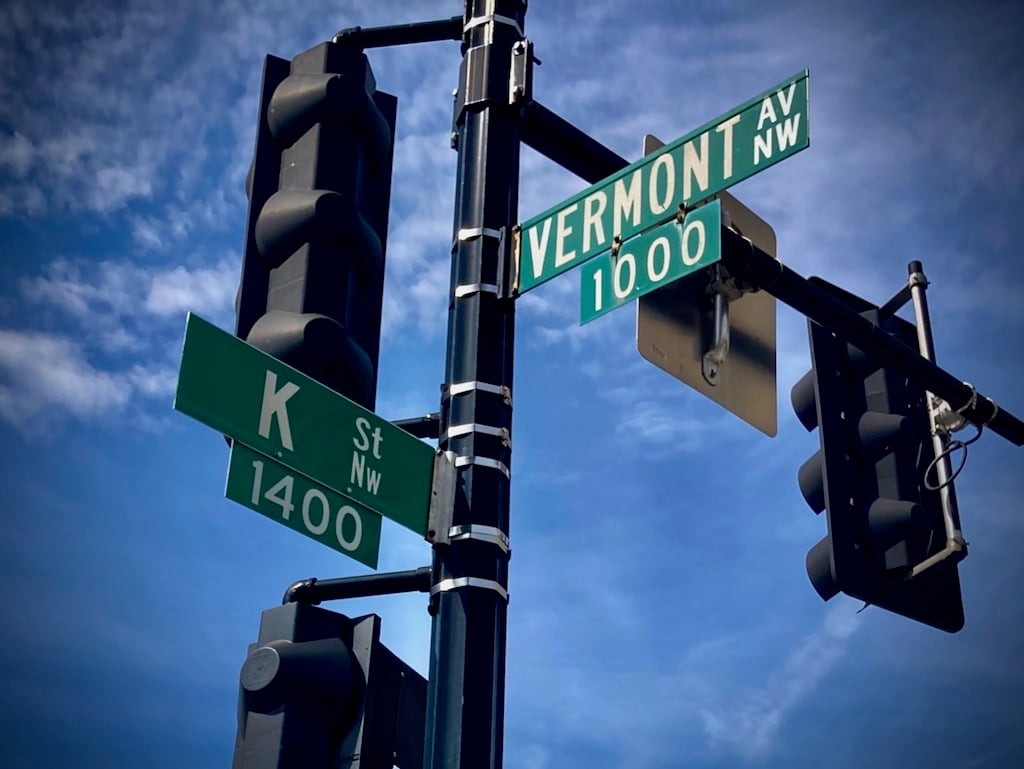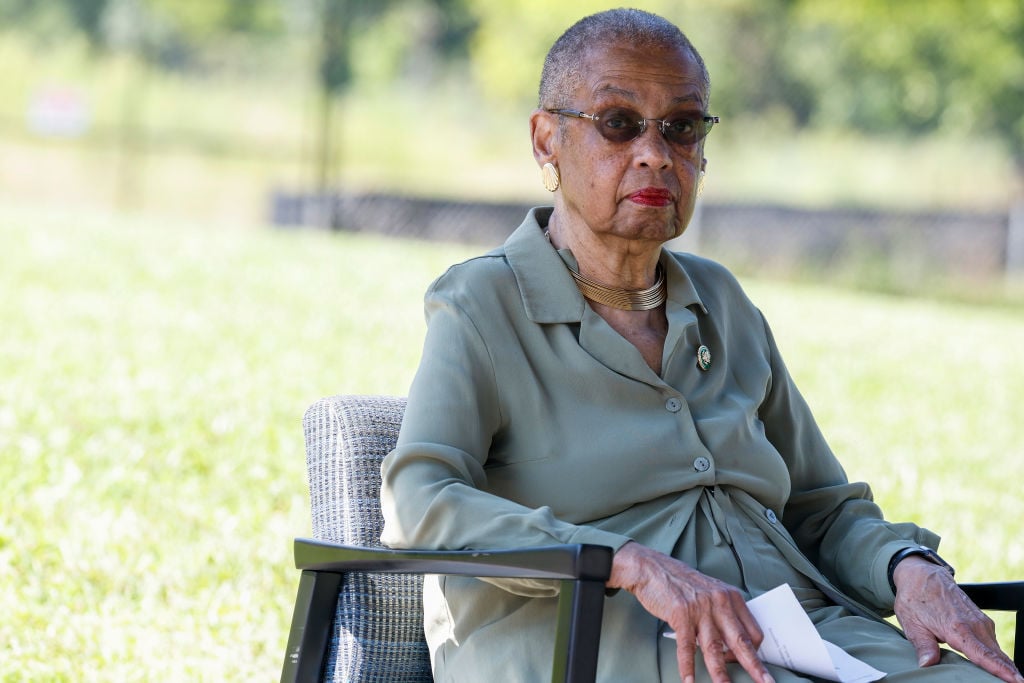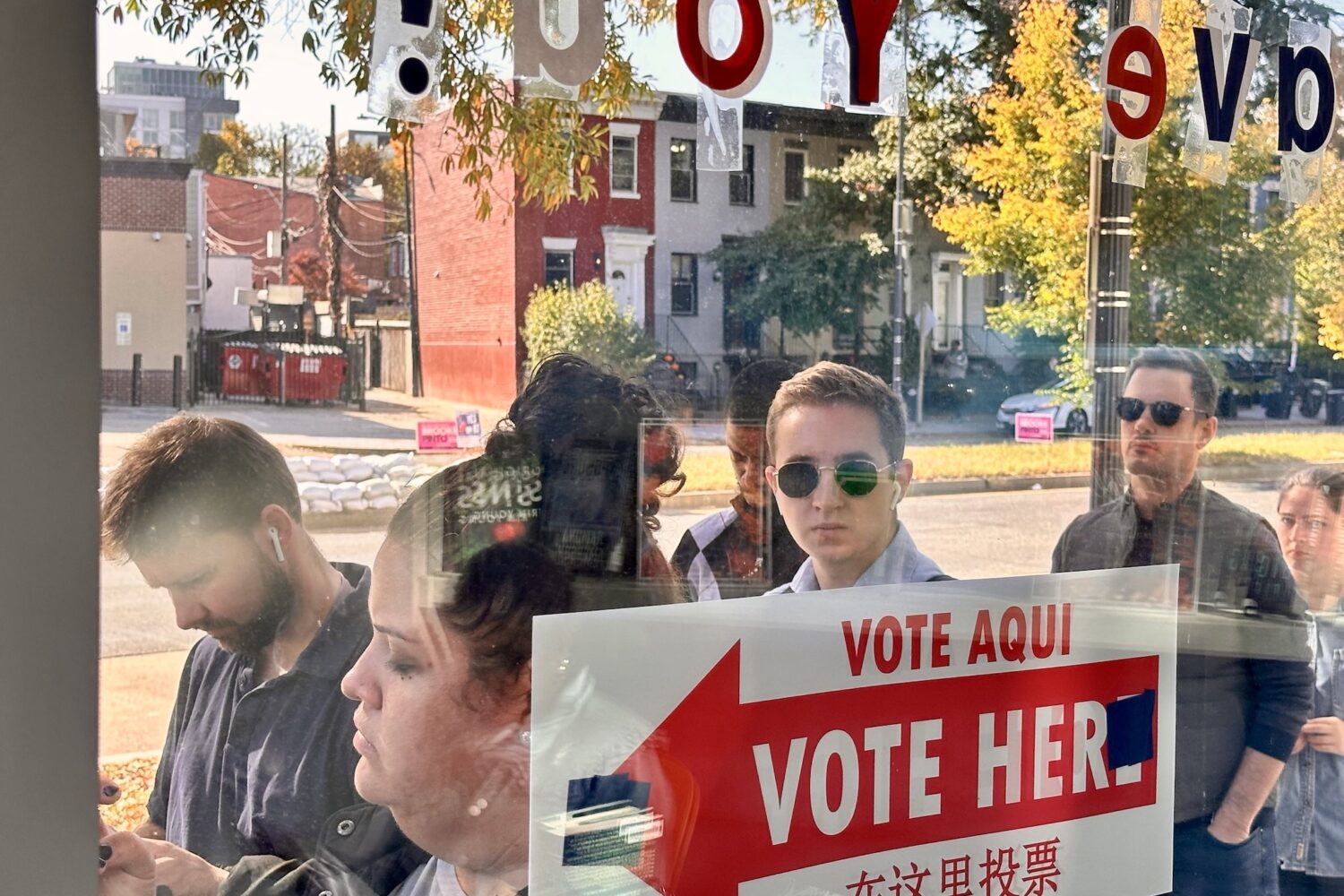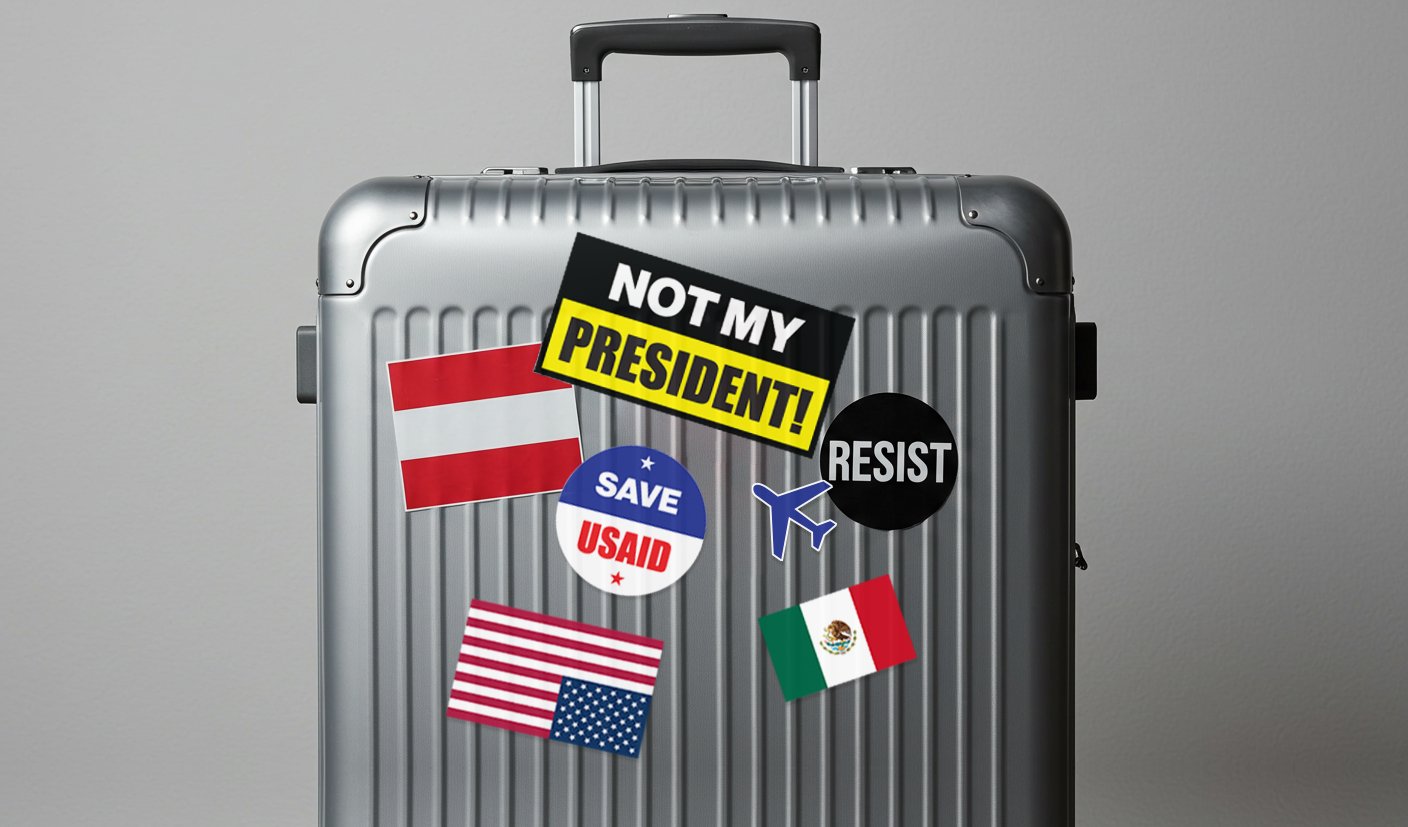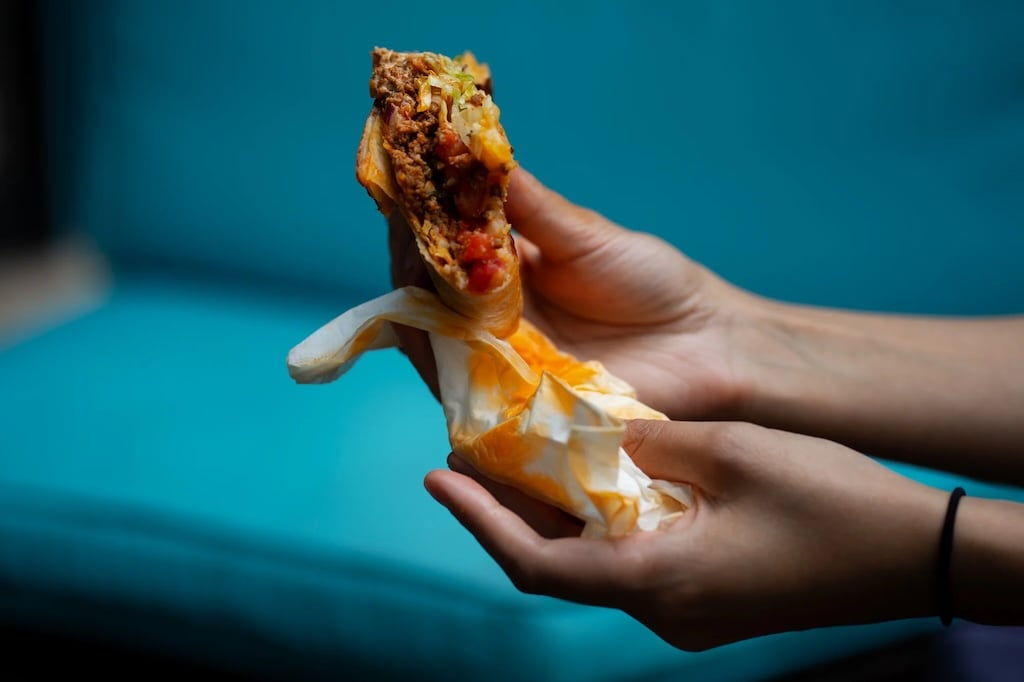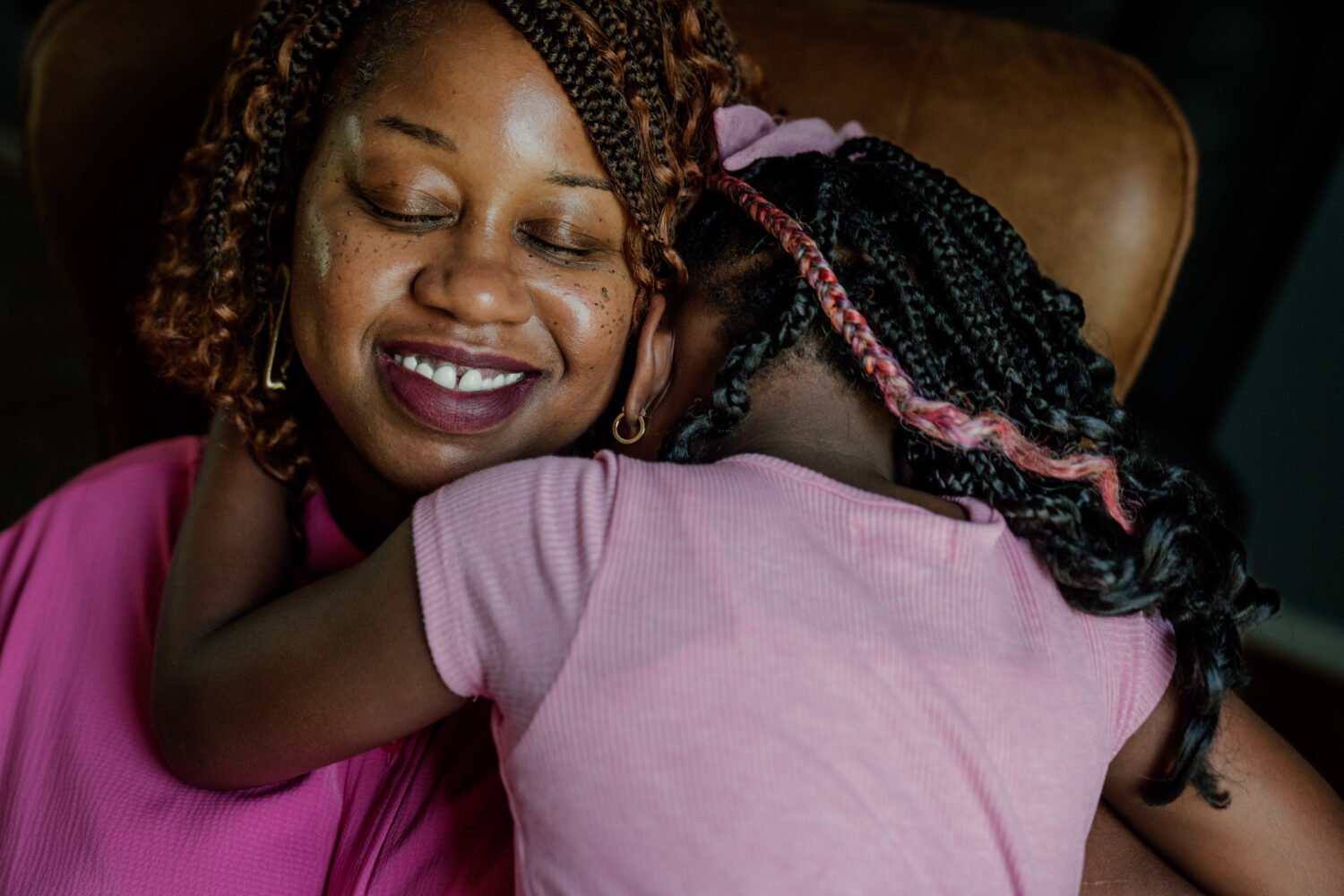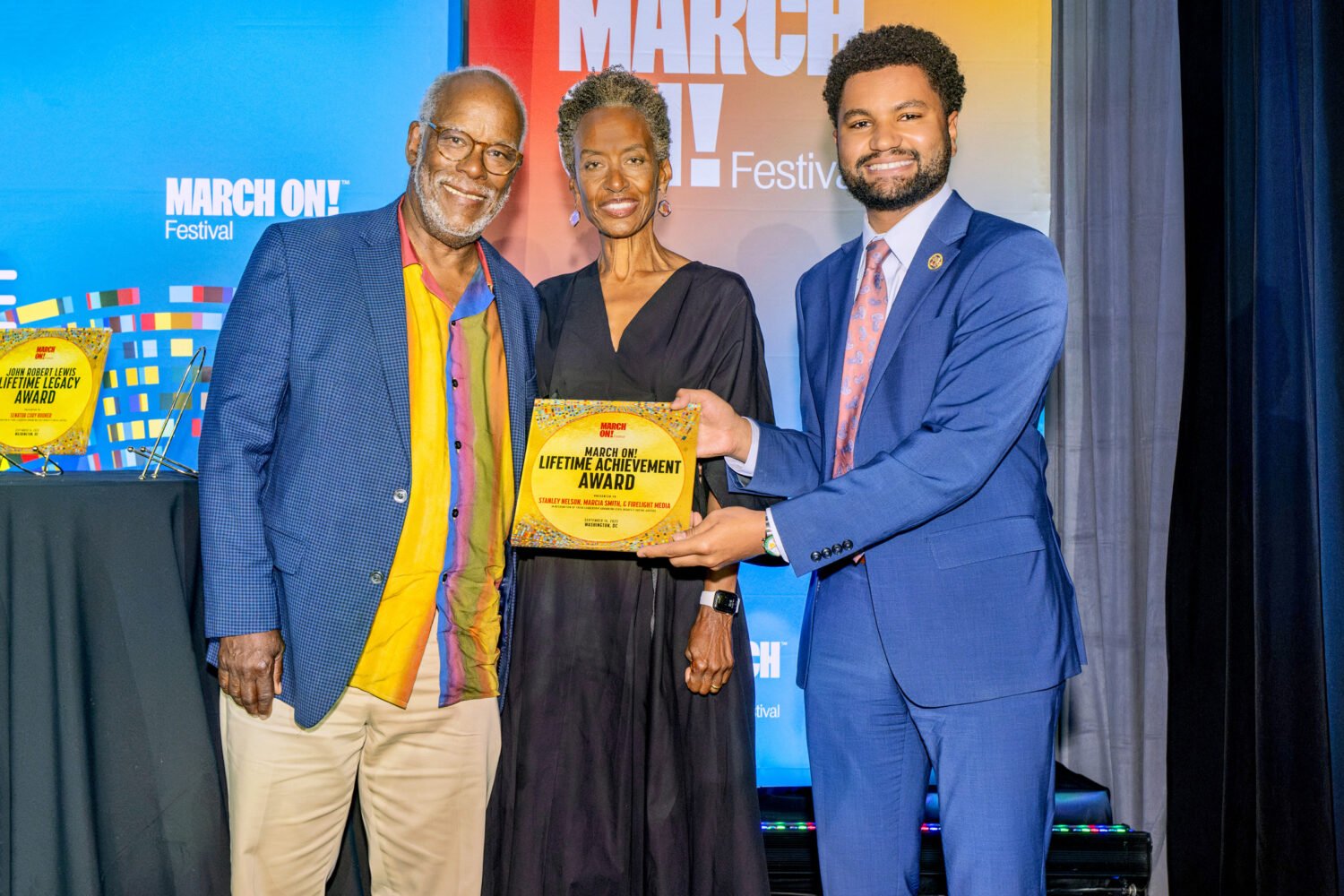This week, a campaign that aims to establish ranked-choice voting in District of Columbia primary elections and allow independents to vote in primaries delivered petitions to DC’s Board of Elections after six months of canvassing. The “Yes on 83” campaign says in a press release that it turned in more than 8,000 petitions and 40,000 signatures from across the District. If the board is able to validate the petitions and signatures in a 30-day period after it examines the materials the campaign submitted, it will certify Initiative 83 to appear on the ballot this November.
In ranked-choice voting, voters have the option to rank candidates in order of preference rather than choosing just one. Forty-seven US cities already use it for local elections, and Alaska and Maine use it for state, congressional, and Presidential elections as well.
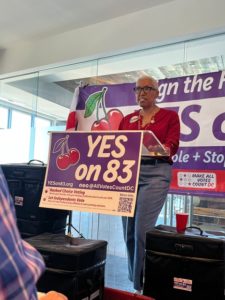
Lisa D.T. Rice, who proposed the initiative, says she hopes ranked-choice voting gives elected officials more accountability to their constituents, since they’ll only win if they garner more than 50 percent of the vote. (Wendell Felder, who recently won the primary to replace retiring Councilmember Vince Gray, won with far less than that amount.) “I would hope that someone who is in with majority support would feel they need to work hard to keep their seat,” Rice says.
The open primary measure would also allow voters who don’t belong to a political party to vote in primaries. Such voters would be able to request a party’s ballot if the initiative passes, but I-83 won’t allow voters registered in one party to vote in the other, and they’d only be able to do so in DC, not national, primaries.
DC is overwhelmingly Democratic, which often means primary winners enjoy safe seats in the general election. Moreover, says Rice, who is an independent, taxpayers fund primary elections. “Is there any other fundamental right that we Americans enjoy that we have to join a private organization in order to be able to exercise that right?” she says.
Chuck Thies, who has worked on campaigns and for elected officials in DC for more than 30 years, opposes I-83. (The Washington Post reports that DC Mayor Muriel Bowser declined to sign the petition and called the proposal a “bad idea.”) Thies says he supports open primaries but thinks it’s unwise to combine that idea with ranked-choice voting. “I’ve never seen an initiative in DC that had two distinct moving parts,” Thies says. He says DC voters tend to approve referendums, even those that aren’t in their best interest.
Thies opposes ranked-choice because he sees it as overcomplicating a process that voters already have little trust in. He argues that a “jungle primary,” where all candidates compete regardless of party affiliation and then the top two winners go to the general election, would be better. “You don’t accomplish confidence-building in election results by telling [voters] to pick three people and then some algorithm, some voodoo math, something that you probably don’t understand because most people don’t like math, is going to determine who won,” he says.



